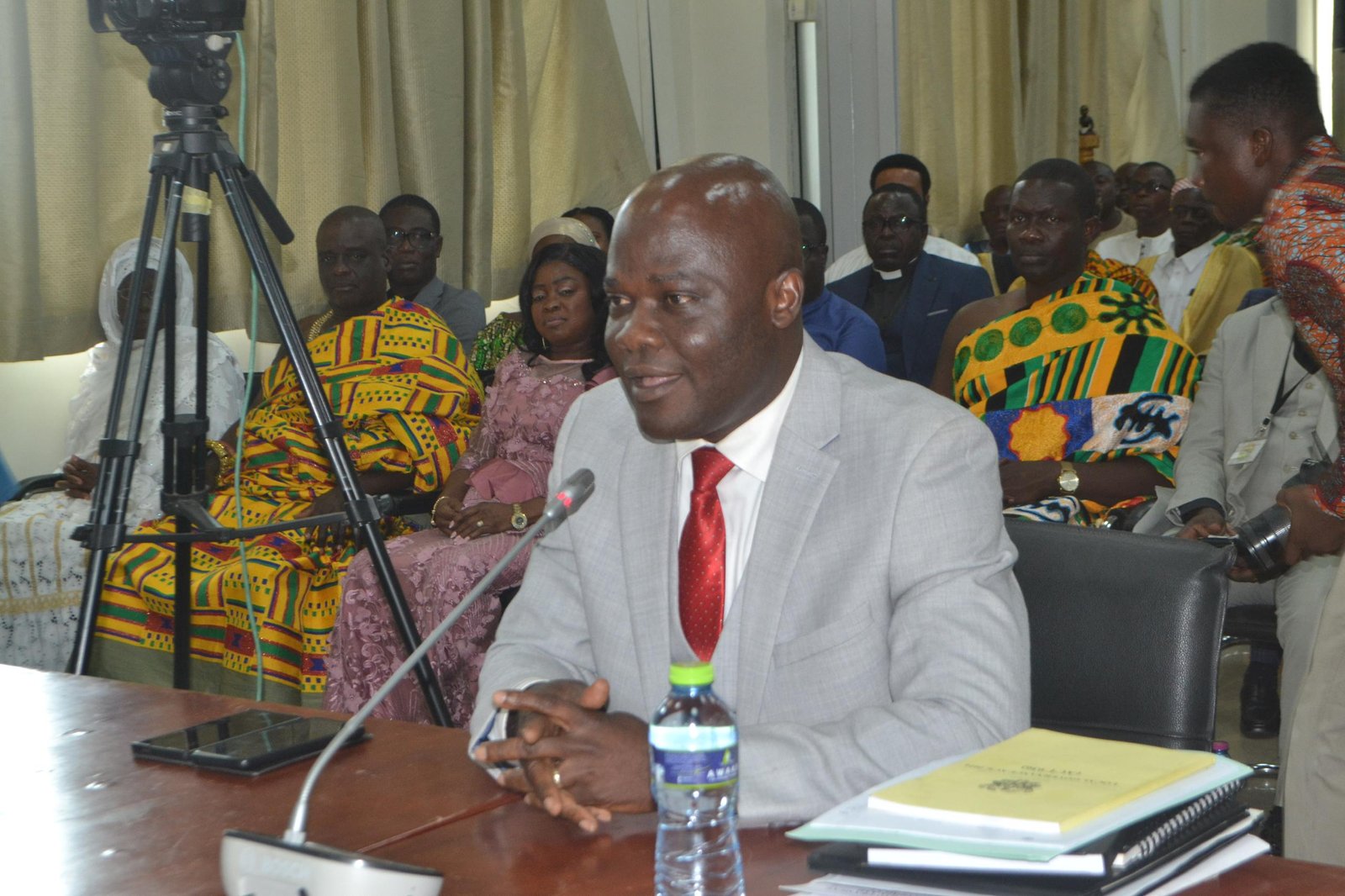ARTICLE AD
Lecturer at the University of Professional Studies, Accra (UPSA) Law School, Gertrude Amorkor Armah, says the court will not lend its power to enforce any agreement that borders on sexual immorality.
She was speaking in reference of the infamous Adablah vs. Nimako case where Deborah Adablah filed a suit against her “sugar daddy”, Ernest Nimako for his failure to hold up his end of the bargain in their parlour relationship.
The case was dismissed by the court that opined that the foundation of the relationship was one that the court should not be invited to give judicial stamps to adding: “You cannot recover the price of something you have committed into an immoral act”.
The plaintiff was slapped with a cost of GH¢10,000.

Discussing the relationship between morality and the law on JoyNews’ The Law, Sunday, Gertrude Armah noted that while the terms of the relationship in an otherwise situation would have been upheld by the court, the involvement of an extramarital affair had rendered the contract illegal and unenforceable.
“Now as many of us may know, there are certain elements that must be present within an agreement for it to be a valid contract. There must have been an offer, acceptance, some consideration was given, [and] the parties must have been in the capacity to contract.
“But that is not all, aside that whatever agreement the parties may have entered into must not be illegal. So the position of the law is that an otherwise valid contract which may have met all these elements that I have just mentioned will not be enforceable because they’re actually illegal,” she said.
She explained that while the relationship may have not directly offended a law, it offends public policy.
“So you may not expressly find a law that says that you cannot be someone’s paramour or you cannot be someone’s mistress or what have you.
“But the notion or the idea that this arrangement is one that is promoting sexual immorality – fornication like the judge said between a married party and some other person outside of that marriage, and the consideration or that agreement that is being entered into purely, like the judge noted in his ruling, purely on the basis of sexual favours or sexual activities or things that are incidental to that, that is a clear example of things that are contrary to public policy.
“The law would not enforce a contract that seeks to promote immorality, particularly sexual immorality,” she said.
Background
Deborah Seyram Adablah's suit, filed on Monday, January 23, 2023, alleged that Ernest Kwasi Nimako, whom she refers to as her "sugar daddy," made several promises to her.
According to the plaintiff, Nimako agreed to buy her the car, pay for her accommodation for three years, provide a monthly stipend of GH¢3,000, marry her after divorcing his wife, and offer a lump sum to start a business.
The plaintiff claimed that although the car was initially registered in Nimako's name, he later took it back, depriving her of its use after just a year.
Additionally, she asserted that Nimako paid for only one year of accommodation, despite promising to cover three years.
The plaintiff was seeking an order from the court directed at the “sugar daddy” to transfer the title of the car into her name, and also give her back the car.
She is also asking the court to order the defendant to pay her the lump sum to enable “her to start a business to take care of herself as agreed by the plaintiff and the defendant.”
Another relief is for the court to order the “sugar daddy” to pay the outstanding two years' accommodation as agreed between her and the defendant.
Again, she wanted the court to order the defendant to pay her medical expenses as a result of a “side effect of a family planning treatment” the defendant told her to do in order not to get pregnant.

DISCLAIMER: The Views, Comments, Opinions, Contributions and Statements made by Readers and Contributors on this platform do not necessarily represent the views or policy of Multimedia Group Limited.

 
 
 
 
 
 
 
 
 

 1 year ago
78
1 year ago
78 

